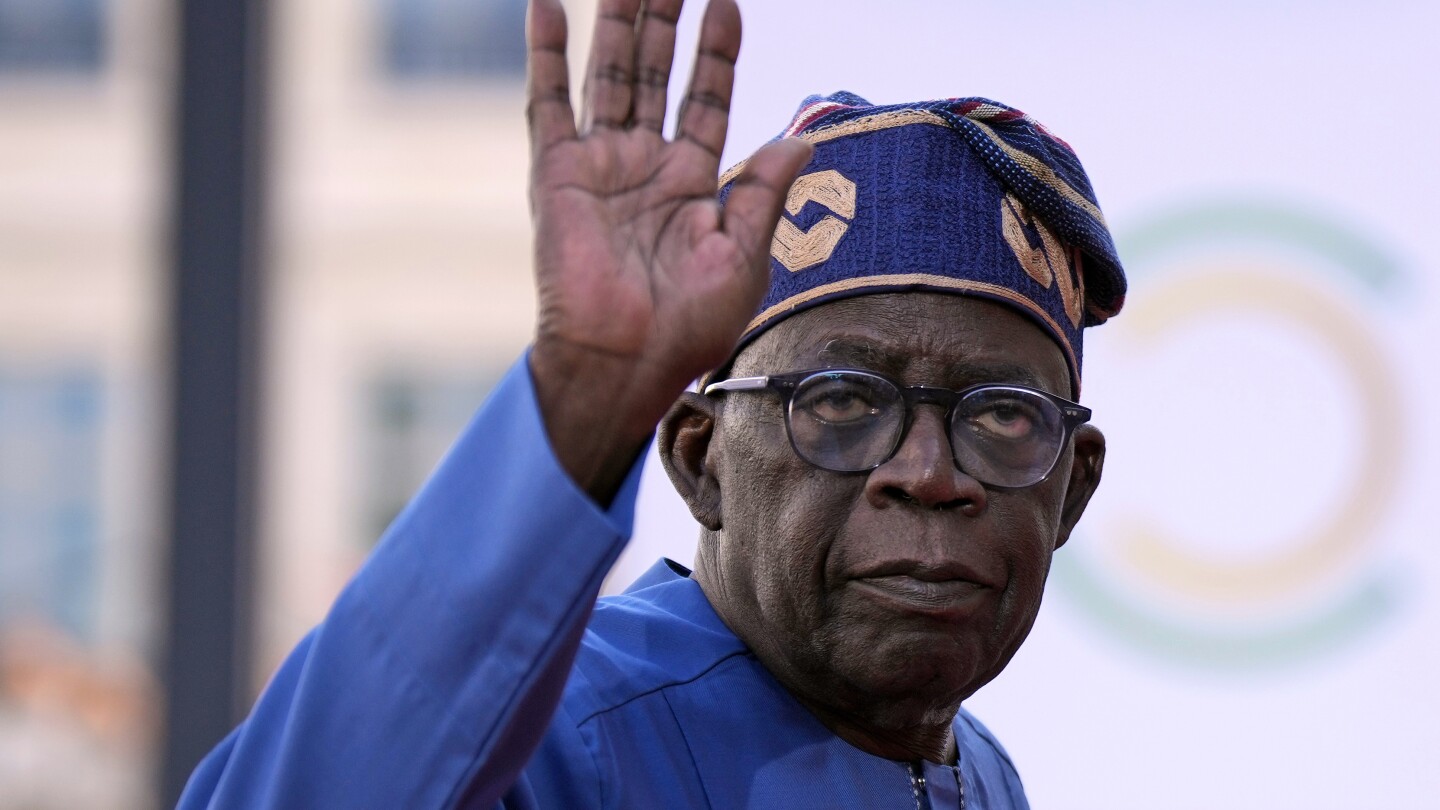ABUJA, Nigeria (AP) — Nigeria’s Supreme Court refused Thursday to void the recent election of President Bola Tinubu and dismissed the political opposition’s challenges, which argued that the vote was flawed and that Tinubu was not qualified to seek or hold the presidency.
The court held in a majority ruling that the grounds of the challenges were “devoid of merits,” ending a dispute that had put Africa’s most populous country on the edge after the February election. An appeals court in Nigeria also rejected the petitions last month.
Two other candidates in the election separately challenged Tinubu’s win, alleging that he failed to meet the minimum educational qualification to run, did not secure the required number of votes and that the country’s election commission did not follow its own provisions in collating and announcing the election results.
During a televised hearing in Abuja, the Nigerian capital, the Supreme Court dismissed the challenges from the Peoples Democratic Party’s Atiku Abubakar and the Labour Party’s Peter Obi in their entirety, affirming the position of the election tribunal that Tinubu’s victory followed the due process.
“It is my view that there is no merit in this appeal,” Justice Inyang Okoro, who read the ruling of the seven-member court panel, said of Abubakar’s petition. A similar ruling was subsequently issued in Obi’s case.
The court also refused to admit new evidence that Abubakar’s lawyers said proved their allegations that Tinubu tendered forged academic credentials from an American university.
The court said the issue of the alleged forgery was not reflected as one of the grounds of the original petition within the time frame provided by the Nigerian Constitution.
“Facts and documents which were not pleaded in the petition have no place in deciding the dispute between the parties,” Okoro said.
While millions of Nigerians followed the question of the president’s academic credentials as the major highlight of the case before the Supreme Court, Thursday’s ruling did not come as a surprise to many because no presidential election in Nigeria has ever been annulled.
Some have said the conditions stipulated in Nigeria’s laws make it difficult to prove irregularities, and some questioned the independence of the judiciary.
Tinubu’s election was largely described by observers as an improvement from the 2019 election. But the observers also said the delays in uploading and announcing the election results could have left room for ballot tampering.

